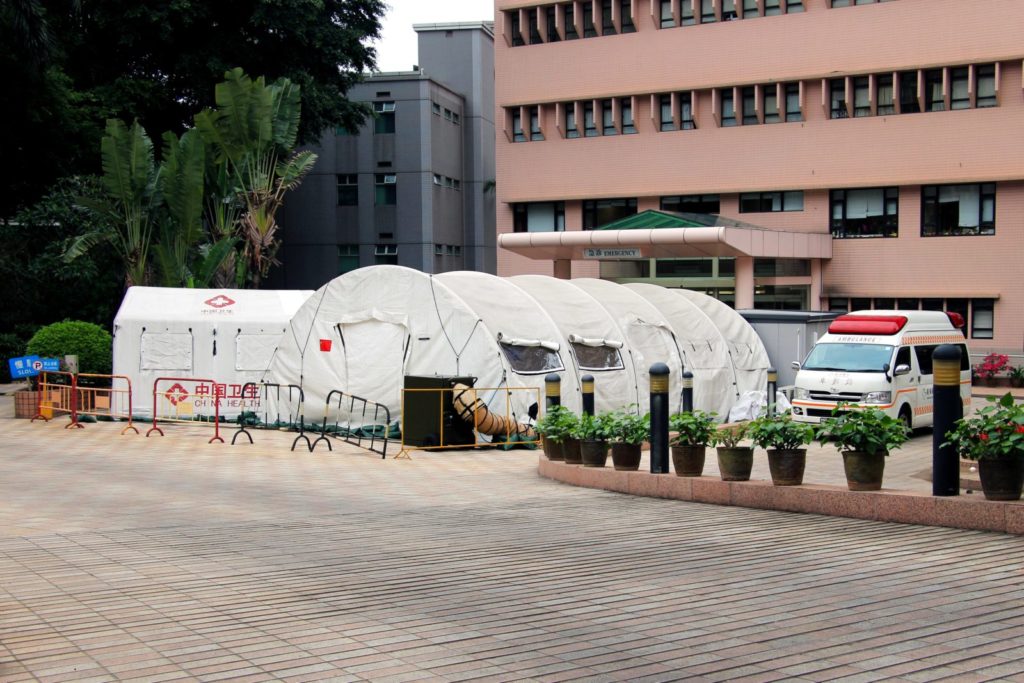
The COVID-19 recovery is more than a medical issue
On the morning of August 26th I turned on the radio and tuned into the news program of China National Radio. It reports 15 new COVID-19 cases in mainland China the day before. All of them are flight passengers from overseas. There has been no new case for ten consecutive days within China. In China, although headlines about the COVID-19 epidemic no longer dominate the news, it is undeniable that our lives have dramatically changed after this pandemic broke out eight months ago in Wuhan in Hubei province.
The Lancet editorial “COVID-19 and China: lessons and the way forward” identifies three lessons the world could learn from China in bringing its outbreak under control, despite criticism and concerns around censorship, transparency and human rights:
(1) Investing in national health and research systems is important.
(2) Top political levels need to commit to using science to tack the outbreak decisively.
(3) Achieving effective implementation of control measures requires broad community engagement and solidarity.[1]
Perhaps equally important, or even more urgent is to acknowledge and redeem what went wrong and what could be improved in fighting the COVID-19.
The COVID-19 crisis does not hit everybody equally
The COVID-19 crisis is not a great equalizer. It is a great amplifier. It reveals and intensifies crises we have long endured – inequality, patriarchy, violence and discrimination, crisis of care, democratic and governance deficits, ecological unsustainability and more. Undoubtfully, the epidemic exacerbates the harsh lives of people who were already in poverty and vulnerability – people living in remote rural areas, migrant and gig workers, people with disabilities and chronic diseases, the elderly, and many more. Meanwhile, the epidemic allows us to reflect our privileges and think of the people that make them possible and remain largely invisible: domestic workers, health and medical workers, gig workers in the delivery industry, cleaners in communities plus the increasing unpaid care work disproportionately borne by women before and during the lockdown. Our societies rely overwhelmingly on their work and the most essential services they provide. However, this is not reflected in their social status.
How we treat the “heroes” of the pandemic is part of the recovery
In June, Beijing experienced the resurgence of COVID-19 cases. Many parks and public facilities had to close down once again. One early morning, I found a camping tent on the sidewalk near the entrance of the park where I go jogging. Next to the tent stood an e-bike with the logo of a platform delivery company. Why did he (delivery work is considered a men’s job) have to sleep in a tent by the street? Maybe he had just returned from Wuhan or Hubei province and faced discrimination by being evicted? Maybe his income was too low to afford the high rent in Beijing?
What irony and hypocrisy. Delivery workers are praised as heroes and their work is defined as essential. In reality, it is difficult for them even to find a bed to sleep in the city they serve. Like in many countries, delivery workers are not recognized as workers, are not protected by labor laws, which exposes them to the appalling working condition and exploitation, such as lack of safety equipment and healthcare, long working hours and low base wages.[2] It is estimated that during the first two months since the epidemic, Meituan, now one of the biggest platform companies in China, recruited 580,000 delivery staff, The total number of delivery workers in China is up to ten million, including part-time gig workers.
Another group of heroes that we should not forget are the nearly four million medical and health workers, especially those safeguarding the public health sectors, most of them women. By mid-April, 42,600 medical personnel had supported Hubei province, two thirds of them women. It is sort of a miracle that none of them was infected. However, sadly two of them, both women nurses, died of the exhaustion and overstress soon after they returned home.
Appropriate measures to the pandemic need to find a delicate balance
Many governments have to struggle to balance the false dilemma between saving lives or saving jobs. The two go hand-in-hand.[3] We should use a crisis like COVID-19. Governments should put saving lives first and recognize that these lives are equally entitled to rights, dignity and prosperity without discrimination on any ground. There have been many encouraging signs indicating China is learning from this crisis and transforming towards a more sustainable development model. There is no target GDP growth for 2020 in the government development plan. The “Wildlife Protection Law of the People’s Republic of China (Third Amendment)” was enacted in February 2020.
Until migrants and gig workers have decent jobs; until health workers are supplied with necessary protective equipment; until the elderly are no longer refused public transportation because they do not have a smartphone and fail to show the “health code” which is mandatory; until the poor children living in remote villages have access to the online courses; until AI and other contact tracking technologies and devices are regulated for privacy and human rights concerns … the recovery from the COVID-19 remains a distance dream, even if no new cases emerge.
Cai Yiping
The author is Executive Committee member with global feminist network Development Alternatives with Women for a New Era (DAWN)
[1] https://www.thelancet.com/journals/lancet/article/PIIS0140-6736(20)31637-8/fulltext.
[2] https://botpopuli.net/covid-pandemic-precarity-platform-delivery-workers-strike-latin-america
[3] https://www.imf.org/en/News/Articles/2020/04/03/vs-some-say-there-is-a-trade-off-save-lives-or-save-jobs-this-is-a-false-dilemma
This piece was originally published at ”Rundbrief” by German NGO Forum on Environment and Development
You can access the full journal for download here.
